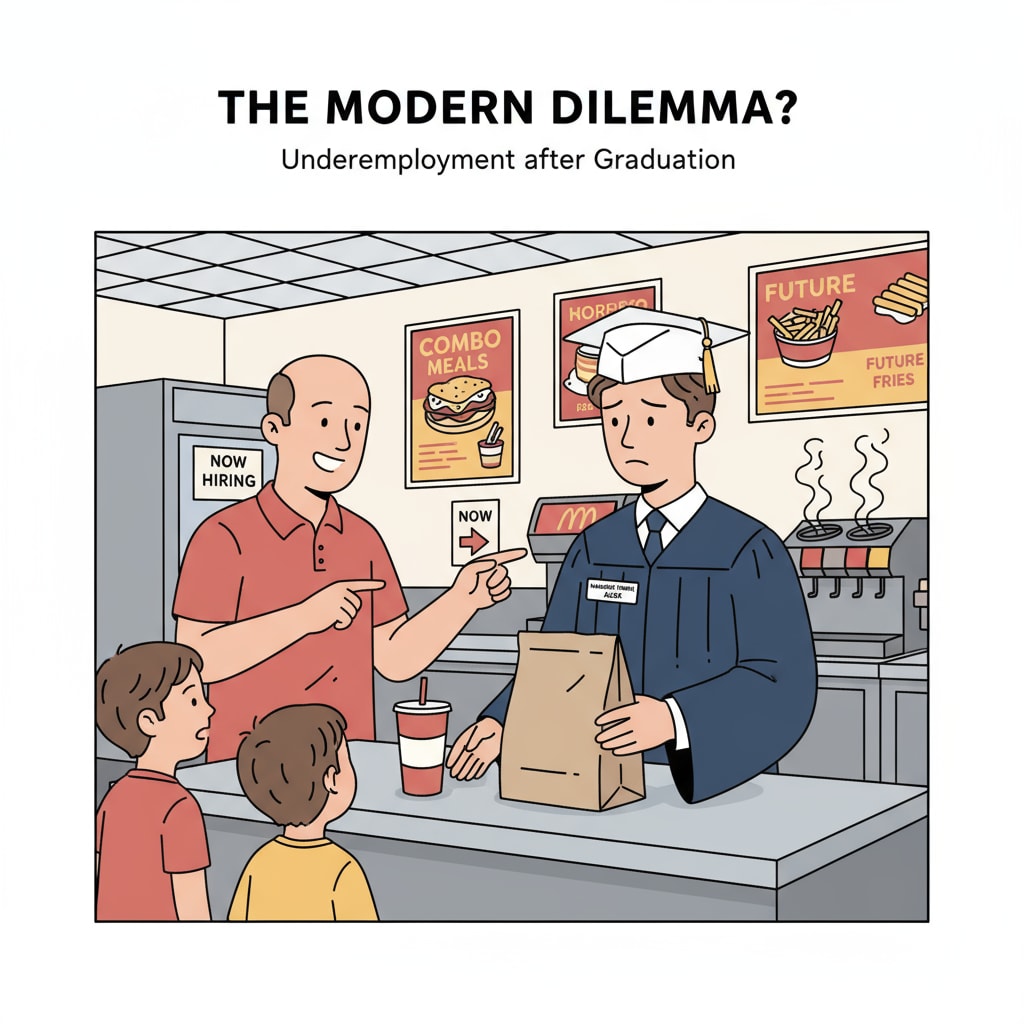University degrees, job market, and career development are intertwined aspects that have undergone significant changes in recent times. In the past, obtaining a university degree was often seen as a golden ticket to a prosperous career. However, the current scenario presents a different picture. There is a growing chasm between the expectations associated with a university degree and the actual career paths available in the job market.

The Changing Landscape of University Degrees
Over the years, the number of people pursuing university degrees has skyrocketed. As more and more individuals flock to universities, the supply of graduates has far outpaced the demand in many fields. According to data from the National Center for Education Statistics, the enrollment in degree-granting institutions has been steadily increasing. This surge in graduates has led to a more competitive job market. For example, fields like liberal arts and some social sciences now have an oversupply of graduates, making it difficult for them to secure jobs that align with their educational achievements.
The Mismatch in the Job Market
It is not uncommon to see highly educated individuals working in positions that seem far below their educational qualifications. Many graduates with bachelor’s or even master’s degrees are taking jobs at fast-food restaurants or in other entry-level positions that do not require such high levels of education. This mismatch can be attributed to several factors. One reason is the lack of relevant skills. While universities focus on theoretical knowledge, the job market often demands practical skills and hands-on experience. Another factor is the changing nature of jobs. Technological advancements are rapidly transforming the job landscape, and some traditional degree programs may not be adequately preparing students for these new job requirements.

In addition, the cost of obtaining a university degree has been rising steadily. Students are taking on large amounts of debt to finance their education, with the hope of achieving a high return on investment in the form of a well-paying job. However, the reality is that many are struggling to find jobs that can help them pay off their loans. This has led to a reevaluation of the traditional belief that a university degree automatically leads to a high-paying job and a successful career.
Readability guidance: As we can see, the relationship between university degrees, the job market, and career development is complex. The increasing number of graduates, the skills mismatch, and the high cost of education are all contributing to the changing dynamics. It is essential for students to carefully consider their career choices and for universities to adapt their programs to better meet the needs of the job market.


